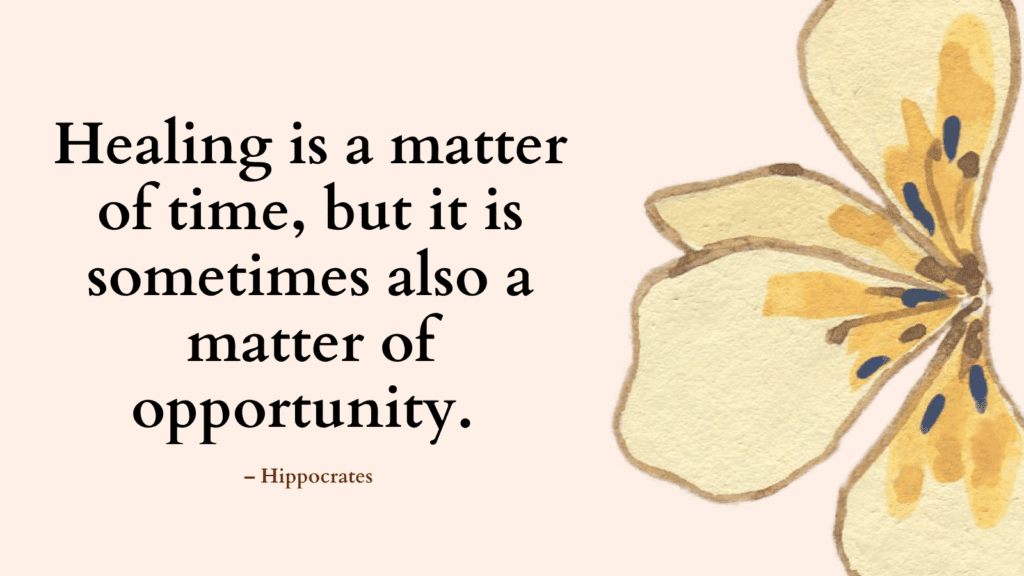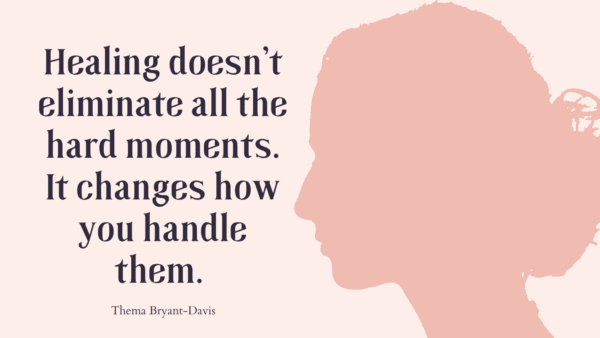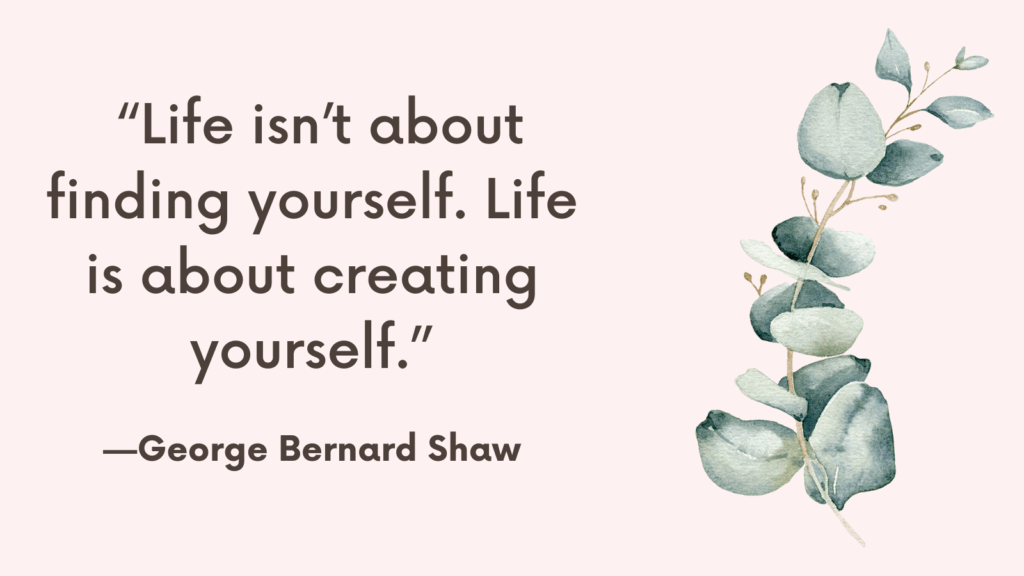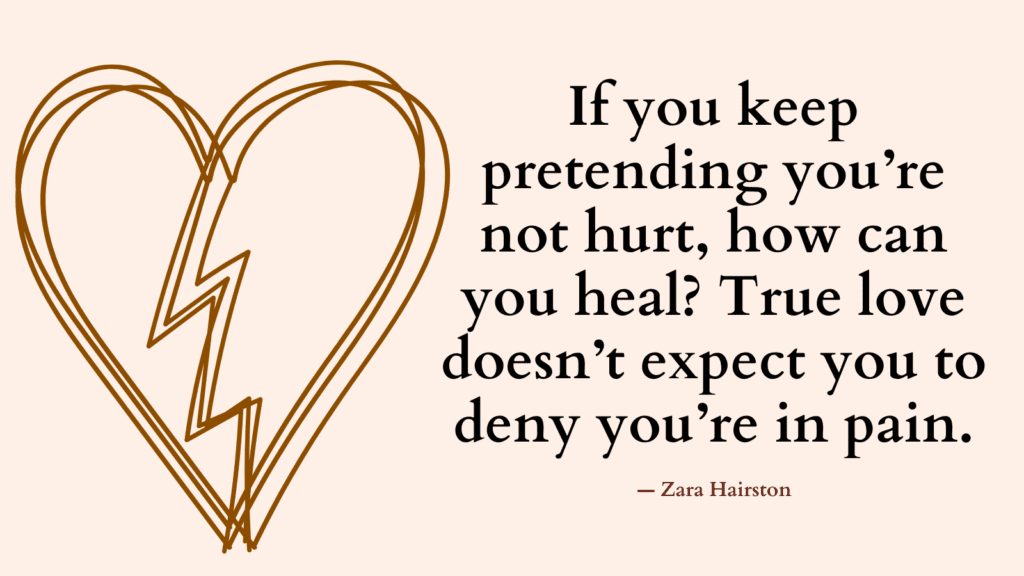Today, you’re going to learn all about covert verbal abuse, its signs, and how to recover from it.
What Is Verbal Abuse?
Verbal abuse is a pattern of using hurtful words and other related actions to control someone else.
Verbal abuse can occur in all types of relationships and it usually begins in family of origin.
Despite the stereotype that abuse happens to people who are weak or vulnerable, abuse can actually happen to virtually anyone.
Verbal abuse can occur on its own or alongside other types of abuse, such as physical, sexual, emotional, and/or financial abuse.
Verbal abuse can leave you feeling anxious, confused, angry, and ashamed. Over time, and especially for those who experienced verbal abuse in their family of origin, mental health issues can develop, such as anxiety, depression, and posttraumatic stress disorder (PTSD).
If you’re concerned about the severity of any symptoms you’re experiencing, consider the help of a trained mental health professional.
Related: How To Break Free From Emotional Abuse? (& Stop Attracting Abusive Partners)
What Is Covert Verbal Abuse?
Verbal abuse doesn’t always come in the form of outright mean phrases like, “You’re stupid,” “You’re ugly,” or “You’re worthless.”
Verbal abuse can be a lot more subtle and covert and might not match up with the way you understand verbal abuse.
Verbal abuse can involve:
- Speaking in a disparaging tone,
- Bringing up your vulnerabilities,
- Embarrassing you in public,
- Trying to confuse or gaslight another person, and
- Withholding kind, positive words.
When Does It Become Abuse?
A one-time use of mean words or a hurtful tone might not be a sign of verbal abuse. What makes someone abusive is their unwillingness to take responsibility for their own action or make real effort to change.
Related: 10 Steps To Recover From Gaslighting Effects (& Regain Your Sanity)
Are You In A Verbally Abusive Relationship?
Verbal abuse is more than hurtful words, the following are some signs you might be in a verbally abusive relationship:
- They often say hurtful words or withhold positive words.
- You often feel confused and hurt by their words, even though you can’t always quite put their finger on why.
- They often blame you for their own actions.
- They almost never take responsibility for their own words and actions.
- They are using their hurtful words and actions to try to maintain control over you.
If you can relate with any of these, you might be in an abusive relationship.
Healthy Disagreements vs. Verbal Abuse
In a healthy disagreement, both people are trying to work through their difference. They make space for their difference and work to understand each other’s perspective.
With verbal abuse, on the other hand, one person is trying to hurt or diminish the other person’s sense of self-worth. There is little respect, if any, toward the opinions, unique thoughts, and feelings of their victim.
Sometimes in a healthy disagreement, one or both people might say things that are hurtful. However, they regret those words afterwards and commit to working on themselves so that won’t happen again.
With verbal abuse, the abuser will never take responsibility for their own words and actions (e.g., “If you make me so angry, I wouldn’t have said that.).
However, abusers might apologize to appease you, but it’s more like, “I’m sorry you feel hurt,” than it is, “I’m sorry I hurt you.”
In any case, abusers rarely, if ever, follow through with efforts to make positive changes.
Related: Can Abusers Change? Top 17 Myths About Abusive Men That Make Women Stay With Abusers
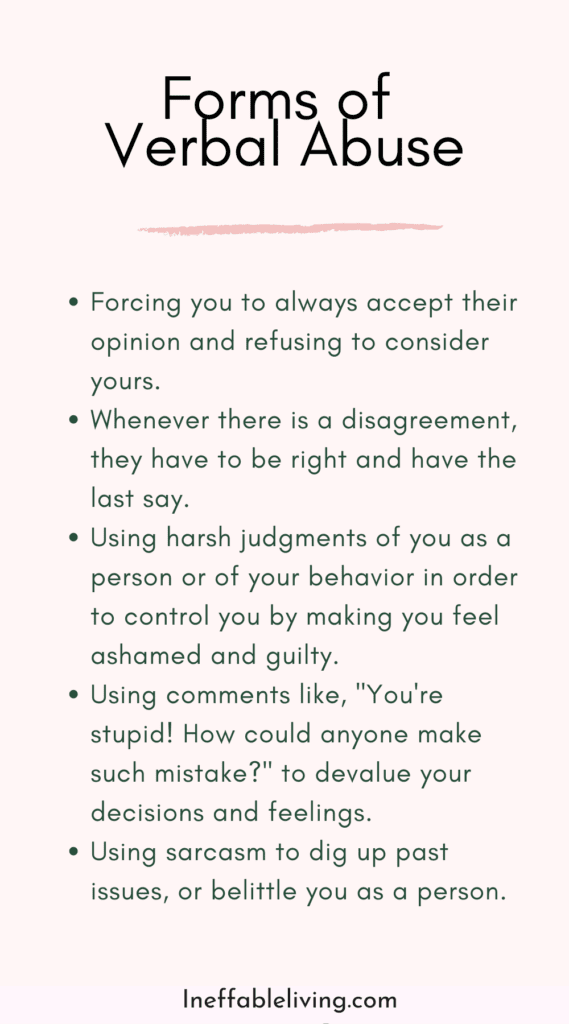
How to Recover From Verbal Abuse?
#1. Acknowledge Your Experience
If you’ve suffered verbal abuse for a long time, verbal abuse can become the norm and it might be difficult for you to recognize yourself as victim of verbal abuse, especially if the abuser is someone who should have been in a position to be caring.
Acknowledge your experience and validate any feelings of hurt, confusion, anxiety, helpless, shame you might be experiencing. It makes perfect sense that such experience would injure you emotionally.
Don’t try to minimize your hurt. Other people might have had it worse, but your experience with abuse was hurtful to you and your healing is important, too.
Related: Self-Abandonment: What Is It & How To Get Back In Touch With Yourself
#2. Understand The Goals of Verbal Abuse
One of the most damaging things about being a victim of verbal abuse is the belief that you’re being abused because you deserve it.
That is never the case!
Understanding the goals of verbal abuse can help you overcome self-blame and shame.
While every person is unique, the following are common goals or motivations behind verbal abuse:
1. Control You
The abuser uses the abuse in order to gain or maintain power and control over their victim.
2. Manipulate You
The abuser might try to trick or deceive someone else into doing something they want them.
3. Feel Better About Themselves
The abuser is usually someone who is battling deep-seated insecurities. They would use verbal abuse to belittle or dominate you and feel like you are the lesser person and in turn they would mask their own insecurities and feel better about themselves.
Related: The Ultimate Guide to Protect Yourself From a Narcissist
#3. Be Present With Yourself
Allowing yourself to sit with your own internal experience and to accept your feelings and thoughts without judgment and with compassion is a requirement for healing any emotional wounds.
Mindfulness allows you to do that!
Mindfulness is the practice of paying attention to the present moment, including your thoughts, feelings, and senses.
Instructions
1. Find a comfortable place where you won’t be disturbed.
2. Gently close your eyes or lower your gaze, if that’s more comfortable, and start focusing on your breath.
3. You may also choose something else to focus on, such as noises your hearing, smells, textures you feel, details you see, counting backwards, etc. anything to take your mind off your train of thought.
4. Once ready and your mind is clear, turn your attention to your inner state of being. Ask yourself
“What am I feeling in my body right now?”
“What emotions am I experiencing?”
“What thought am I having?”
5. Finally take a few more deep breaths and open your eyes.
#4. Prioritize Self-Care
The best way to rebuild yourself self-esteem after you’ve been belittled and berated by your abuser, is by nurturing yourself and prioritizing meeting your needs.
Self-care is an intentional activity that helps you connect with yourself and extend compassion and love to yourself.
Self-care doesn’t have to take hours, a few minutes every day could be all you need.
There are different self-care activities to choose from (spending time outdoors, using relaxation strategies, doing something you love, etc.).
You may start a self-care ritual and you may also choose things in the moment that would meet your need.
For example, if you feel tired, taking a nap could be the best self-care activity. If you feel tense, a relaxation exercise, a massage, or a hot bath could be what you need.
FREE Self-Care Worksheets
#5. Forgive Others
Forgiveness should never be forced.
Only forgive when you feel ready and willing to liberate yourself and let go of resentment and anger.
Forgiveness doesn’t require an apology from the abuser.
Forgiveness has little to do with the other person. They may never know that you have forgiven them and moved on.
Forgiveness is an internal process that involves releasing the pain and hurt other people caused.
Forgiveness doesn’t mean excusing the other person’s behavior. But it can be helpful to consider the motivations behind their behavior.
For example, it might be easier to acknowledge that they tried to degrade and belittle you because they felt inferior themselves and were trying to feel better about themselves.
That might make sense, but it doesn’t excuse what they did. Just because someone feels inferior, doesn’t mean they should put people down.
Related: Forgiving Someone Who Isn’t Sorry: 9-Step Guide To Free Yourself From The Past
#6. Forgive Yourself
Forgiving others is difficult, but sometimes, it’s even more difficult to forgive yourself.
Although you may recognize yourself as the victim, you may also hold onto self-blame.
Survivors of abuse often struggle to forgive themselves for overlooking early signs of abuse, choosing to be in a relationship with their abuser, not standing up for themselves, remaining in the relationship for so long, and other perceived errors in judgment.
Write a letter to your past self where you acknowledge what happened, what you wish you did differently, the compassion you feel toward your younger self.
If you’re being abused:
- Call the police if you are in danger and seek medical attention if you are hurt.
- Contact love is respect at www.loveisrespect.org (a project of the National Domestic Violence Hotline) at 1-866-331-9474 (1-866-331-8453 TTY) or text “LOVEIS” to 22522.
- Talk with someone you trust: a friend, relative, or counselor.
Conclusion
We often compare our pain to other people’s. We mistakenly think that other forms of abuse (physical or sexual) are worthier of addressing.
But there’s no hierarchy in pain!
Being verbally abused is painful, possibly even traumatic, experience.
It is important to acknowledge the abuse and seek healing.

References
- Verbal Abuse: Definition, Types, Signs, and Effects (verywellmind.com)
- What Is Verbal Abuse? 22 Examples, Patterns to Watch For, What to (healthline.com)
- Verbal Abuse: 4 Signs to Look For (webmd.com)
- Verbal abuse: What to know (medicalnewstoday.com)
- Verbal Abuse: 10 Signs and How to Get Help (insider.com)
- Verbal Abuse Related to Self-Esteem Damage and Unjust Blame Harms Mental Health and Social Interaction in College Population | Scientific Reports (nature.com)
- Does verbal abuse leave deeper scars: a study of children and parents – PubMed (nih.gov)
- (PDF) Verbal Abuse (researchgate.net)
- Effects of Verbal Abuse on Children, Women and Men | HealthyPlace
